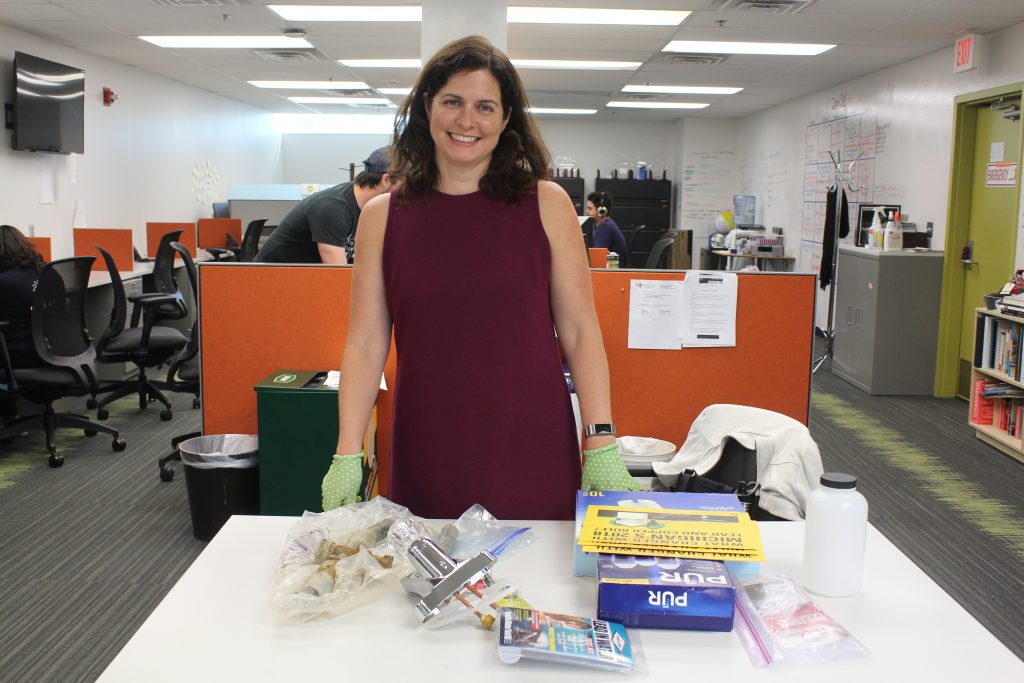How to Prevent the Next Flint
Water expert Elin Betanzo, who was integral to the D.C. and Flint water crises, explains Michigan’s 2018 Lead and Copper rule on Detroit Today.

Behind every crisis, there’s a canary in the coal mine calling out a warning.
For the Flint Water Crisis, that voice was Elin Betanzo, a former EPA worker and water expert who first tipped off Dr. Mona Hanna Attisha to look into lead levels in the city’s water.
“I was in the right place at the right time,” says Betanzo. “We should never have to wait to measure lead in children, when you wait it’s far too late.”
Her company, Safe Water Engineering, consults with other communities and organizations to improve their water quality. She joined Detroit Today with Stephen Henderson to discuss the new Michigan Lead and Copper rule that became effective in June 2018 and is one of the most strict in the country.
The new rule aim to replace all lead service lines in the state within 20 years by requiring companies to create an inventory of service lines documenting what pipes are made of. It also bans partial service line replacements and lower the threshold for water action alerts over several years.
Betanzo calls for greater funding investment to replace all service lines.
